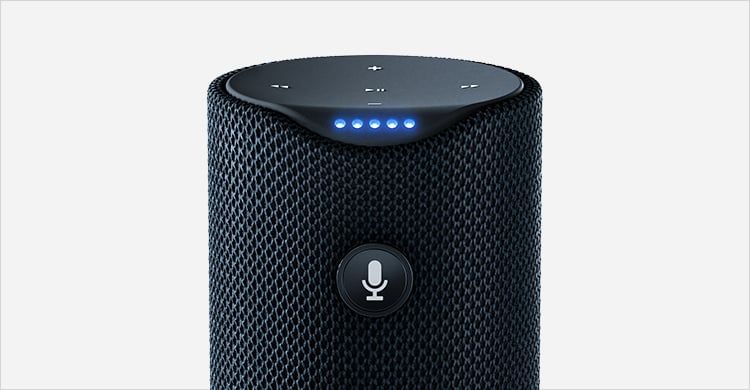How do voice search assistants like Alexa and Siri work against new music?

Research firm Gartner predicts that by the end of this year, 30% of humans’ interaction with technology will be through voice assistants as Apple Music’s Siri, Amazon’s Alexa, Google Assistant, Samsung’s Bixby, IBM’s Watson and Microsoft’s Cortana.
By 2022 they are forecast to have 1.8 billion users (from 390 million in 2015) with revenue estimated to be $15.8 billion by then, from $1.6 billion in 2015.
The effect on the global music industry is, for the most part, positive.
Finding music is by far the most requested action for virtual assistants on smart speakers
They’re also expected to make the process of accessing music easier for the less tech-savvy, and grow the streaming phenomenon even further.
But a list released by Amazon of the Top 50 most requested pieces of music on its voice-activated speakers could provide alarm for the music industry.
Ed Sheeran‘s ÷ is the most-requested album. No surprise, it was the biggest seller of 2017 and certified platinum in 36 territories.
By March 2018, it had shifted 2.764 million in sales and streams in the US alone and 2.5 million in the UK.
Sheeran accounts for three of the top five most-requested records.
Albums on the list include those from Michael Jackson, Fleetwood Mac, George Ezra, Adele and Dua Lipa.
Taylor Swift, Bruno Mars, Little Mix, and Katy Perry appear numerous times in the Top 50.
But an analysis of the figures by the BBC shows that the music industry has a reason to be alarmed as far as voice assistants are concerned.
The BBC warns: “When people use voice commands to stream music, they consistently ask for songs they already know, with new artists largely frozen out of the picture.”
Just eight of Alexa’s top 50 albums were released this year, and only two of those were debuts – Cardi B‘s Invasion of Privacy and Anne-Marie‘s Speak Your Mind.
In comparison, the UK charts had 16 of this year’s best-selling albums as new releases, with three debuts in the Top 40.
As the BBC report indicates, when people are discovering new music on streaming services and websites, they are being offered choices – and more likely to try new and unexplored music.
But when consumers have to request music off their own back or have to work within the restrictions of the virtual assistants, they’ll go for something tried and familiar.
Amazon Music itself acknowledges this has been a problem.
Its global head of programming, Alex Luke, told the Music Week Tech Summit in London:
“It’s one of the things we’ve realised as we’ve been forging this path into voice – discovery is a challenge for unknown artists.”
However, he told delegates that Amazon Music is trying to redress this in a number of new ways.
It is introducing more playlists that will feature predominantly new and independent artists.
Additionally, developments on speaker ID that enable Alexa to recognise a person’s voice will improve personalisation.
“Playlists are going to allow for cross-pollination,” Music Week quoted Luke as saying.
“Building those as destinations is foundational to where the business is.”
Ultimately voice activation will reduce the reliance on playlists in favour of stations on streaming, making it more like radio, he predicted.
































